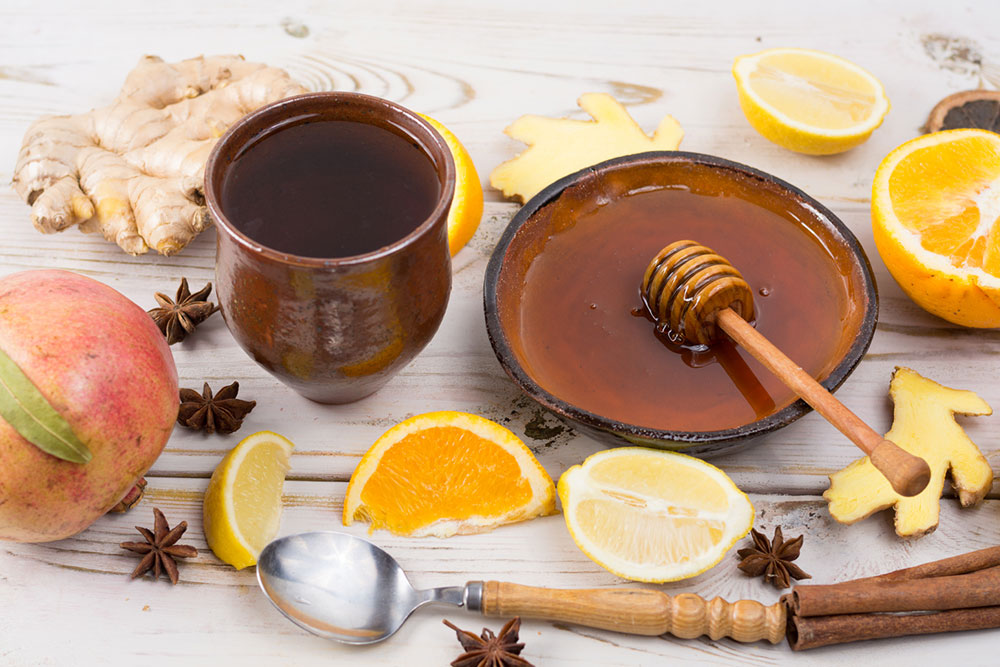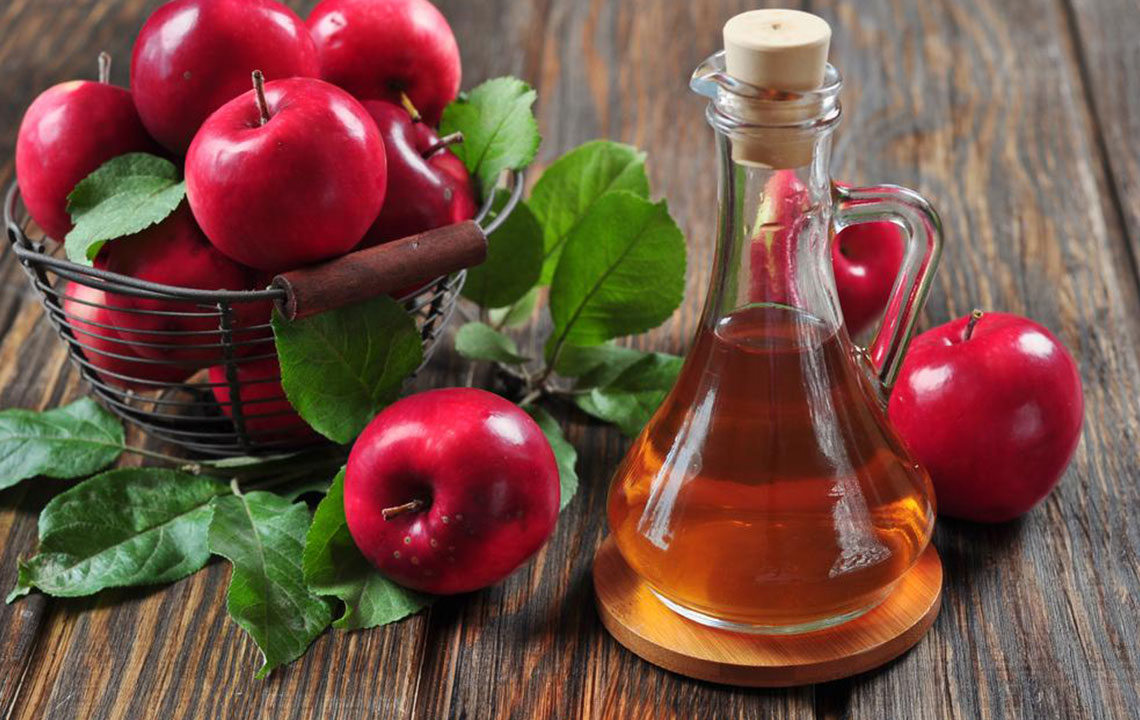Comprehensive Guide to Natural Remedies for Gum Disease Relief and Pain Management
Explore an extensive range of natural remedies to effectively soothe gum disease pain and enhance oral health. From tea tree oil and sea salt to aloe vera and honey, discover proven methods to reduce inflammation, promote healing, and maintain healthy gums. This guide emphasizes the importance of holistic dental care, combining these natural solutions with good habits for optimal results. Whether you're dealing with early gum irritation or advanced periodontal issues, these approaches can serve as powerful supplementary tools for gum health management, helping you achieve a pain-free, healthier smile naturally.

Discover Effective Natural Solutions for Easing Gum Disease Symptoms
Gum disease, medically known as periodontal disease, affects millions worldwide and can lead to significant dental discomfort, damage to supporting structures of teeth, and even tooth loss if left untreated. While conventional dental treatments and professional interventions are essential, many individuals seek alternative and natural remedies to alleviate symptoms, reduce pain, and promote healing at home. These natural remedies are often accessible, cost-effective, and safe when used appropriately, making them popular options for managing gum health issues.
In this comprehensive guide, we delve into a variety of proven natural remedies that have been used traditionally and backed by scientific studies to help soothe gum inflammation, reduce pain, and improve overall oral health. Whether you’re experiencing early signs of gum irritation or more advanced periodontal issues, these natural options can serve as complementary approaches to your dental care routine.
Tea Tree Oil: Nature’s Powerful Anti-inflammatory Agent
Tea tree oil is renowned for its potent antimicrobial and anti-inflammatory properties, making it highly effective in managing gum disease. A study published in 2008 highlighted that gels containing tea tree oil significantly reduced symptoms of gingivitis, including bleeding gums and swelling. When incorporated into your oral hygiene routine, tea tree oil can help eliminate harmful bacteria in the mouth, reduce inflammation, and promote healthier gums.
To use tea tree oil safely, opt for toothpaste that contains it, or add a few drops to your regular toothpaste. Brushing with this mixture two to three times daily can yield noticeable improvements. Remember to avoid swallowing and always dilute essential oils properly to prevent irritation.
Sea Salt: An Ancient Remedy for Gum Pain and Swelling
Sea salt has been used for centuries as a natural remedy for controlling oral infections and reducing inflammation. Its gentle abrasive qualities help remove plaque, while its mineral content aids in soothing sore gums. To harness its benefits, dissolve half a teaspoon of sea salt in a cup of warm water and swish this saltwater solution in your mouth for about 30 seconds. Spit out and repeat this process several times a day, especially after meals and before bed.
This simple practice can decrease swelling, reduce bacteria, and accelerate the healing process of gum tissues. Incorporating sea salt rinses into your daily oral hygiene can enhance gum health and alleviate discomfort.
Baking Soda: Neutralizing Harmful Acids and Reducing Inflammation
Baking soda, or sodium bicarbonate, is widely recognized for its ability to neutralize acids in the mouth that contribute to decay and gum disease. Its mild abrasive nature also helps remove plaque and food debris from teeth surfaces. To prepare a natural toothpaste, mix two tablespoons of baking soda with enough water to form a paste. Gently apply this paste to your gums and brush lightly for two minutes, twice daily.
Regular use of baking soda helps in reducing inflammation, controlling bacteria, and freshening breath. Be cautious not to overuse or brush too aggressively to avoid damaging delicate gum tissues.
Aloe Vera: Soothing and Healing Gum Inflammation
Aloe vera is celebrated for its anti-inflammatory, antimicrobial, and healing properties. Its soothing gel can relieve gum irritation significantly. For best results, apply pure aloe vera gel directly to the affected gums before sleeping, leaving it on overnight to facilitate healing. Alternatively, rinse your mouth with aloe vera juice for about 30 seconds before spitting out; this helps diminish pain and accelerates tissue repair.
Incorporating aloe vera into your daily oral care can provide consistent relief from gum inflammation and support tissue regeneration, making it an excellent natural remedy for ongoing gum health management.
Cranberry Juice: Support for Gums and Teeth from Vitamin C
Cranberry juice, especially the unsweetened variety, contains compounds that inhibit bacteria from sticking to teeth and gums, thus reducing plaque formation. Rich in vitamin C, it plays a vital role in collagen synthesis, which maintains the structural integrity of gum tissues. Drinking about three ounces of pure, unsweetened cranberry juice daily can help in maintaining healthy gums and preventing periodontal issues.
Additionally, consuming fruits and vegetables high in vitamin C, such as oranges, strawberries, and bell peppers, further supports gum health by enhancing immune response and tissue repair processes.
Honey: Natural Antiseptic and Antibacterial Benefits
Honey has been used traditionally for its antimicrobial properties, making it an effective natural remedy for gum infections. Its natural sugars, particularly hydrogen peroxide, act as antiseptics that fight bacteria responsible for gum disease. To use honey for gum relief, apply a small amount gently onto sore or inflamed gums after brushing. Allow it to sit for several minutes before rinsing or swallowing.
It’s important to use honey in moderation, as its sugar content can contribute to plaque buildup if overused. When used properly, honey can aid in reducing bacterial load and supporting healing of gum tissues.
Cooled Tea Bags: Tannic Acid for Rapid Relief
Applying cooled black tea bags to your gums is an age-old natural remedy for reducing inflammation and alleviating pain. Tea contains tannic acid, which helps constrict blood vessels and decrease bleeding gums. To use this remedy, steep a black tea bag in hot water for 10 minutes, then remove and allow it to cool in the refrigerator. Once cooled, place the tea bag on the affected area for about 10-15 minutes to provide soothing relief.
This method can be especially effective during flare-ups of gum inflammation, offering quick comfort without the need for medication.
Coconut Oil Pulling: A Natural Approach to Oral Detoxification
Coconut oil pulling, an ancient Ayurvedic practice, involves swishing a tablespoon of coconut oil in the mouth for 10–20 minutes. This practice harnesses the oil’s potent anti-inflammatory, antimicrobial, and antiviral properties to reduce plaque and bacteria, thereby alleviating gum pain and preventing infection. After pulling, spit out the oil and rinse thoroughly with water, then brush normally.
Regular coconut oil pulling can improve overall oral hygiene, reduce bad breath, and support healthy gum tissue regeneration.
Holistic Approach for Gum Disease Management
While these natural remedies can significantly aid in alleviating gum discomfort and promoting healing, remember that maintaining good oral hygiene is paramount. Regular brushing twice a day, flossing daily, and scheduling routine dental checkups are essential components of a comprehensive oral care routine. Avoiding sugary foods and drinks, quitting smoking, and staying hydrated further contribute to healthier gums.
If symptoms persist or worsen, consult a dental professional promptly to rule out more severe conditions and receive appropriate treatment. Combining natural remedies with professional dental care can enhance your overall dental health and lead to a more comfortable, pain-free smile.





